Swiss economic mission starts with Russia
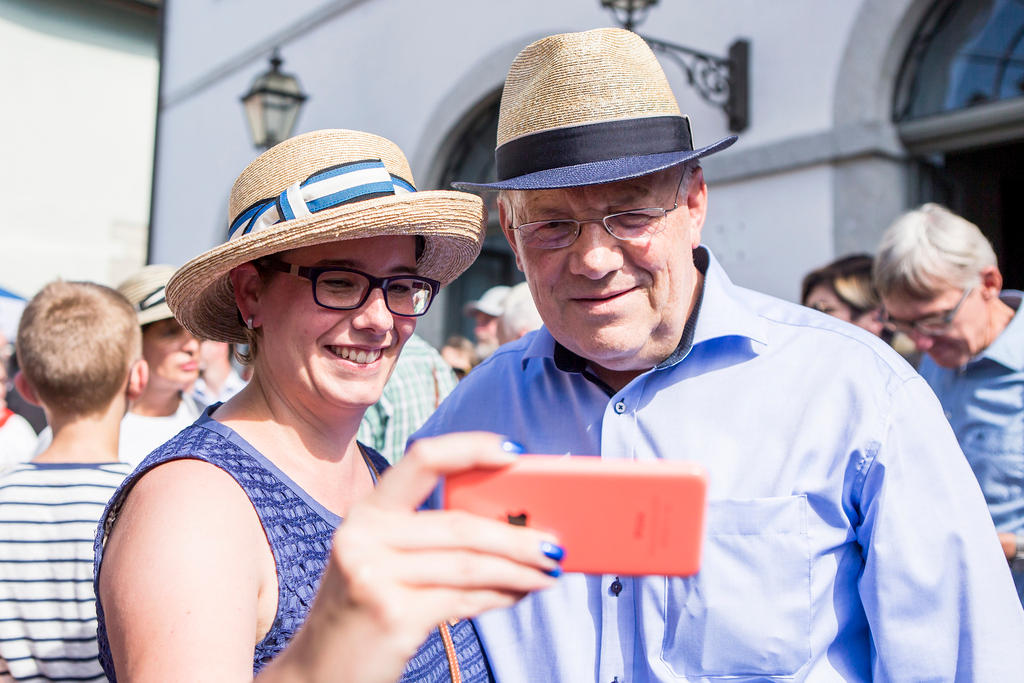
On the first leg of a four-nation journey, Swiss Economics Minister Johann Schneider-Ammann sought warmer relations with Moscow on a visit inevitably coloured by European Union and United States sanctions against Russia for destabilising Ukraine.
Schneider-Ammann, traveling with a large business delegation, was wrapping up a two-day visit to Russia on Tuesday. Switzerland, as a non-EU member, did not impose sanctions against Russia, but it also tried to keep up EU and US relations by blocking attempts to circumvent the sanctions, which include travel bans and asset freezes via Switzerland.
It’s a delicate balancing act. Schneider-Ammann said at the start of this year that he hopes sanctions against Russia will soon come to an end because they affect Switzerland’s exports. He told Swiss newspapers that the sanctions had shut many Swiss companies out of the Russia market “overnight”.
The machine and watch sectors had lost 5-10% of their turnover, threatening jobs, he said. The Swiss minister did not dispute that a “signal” was needed after Russia’s behaviour in Ukraine, which went against international law – even if the sanctions were considered controversial by some at the time.
“The fact is, that the political system remains untouched,” he said last January. Therefore, it would be necessary, in his view, “that top politicians from the countries involved sit down and think about how to get out of this one-way street”. Both sides need to take a step towards each other, he said.
That is finally happening this week.
In Moscow, the Swiss economics minister held talks with First Deputy Prime Minister Igor Shuvalov and Minister of Economic Development Maxim Oreshkin. In Yekaterinburg he met the Minister of Industry and Trade, Denis Manturov, while at the INNOPROM international industrial trade fair.
The delegation also visited the Baumann Moscow State Technical University and met with researchers and learned about a vocational training project developed by a Swiss company at the Stankin Moscow State University of Technology.
With CHF3.6 billion ($3.71 billion) in trade among them, Russia is Switzerland’s 33rd largest trade partner, according to the Swiss economics ministry. Switzerland imports CHF1.6 billion a year in goods from Russia and ships CHF2 billion to Russia.
Swiss direct investment in Russia totals CHF8.5 billion, the 10th highest among nations that Switzerland invests in, and Switzerland creates 43,000 jobs in Russia, the ministry says.
Switzerland also has represented Russia’s interests in Tbilisi and Georgia’s interests in Moscow since March 2009, after the breakdown of diplomatic relations between Russia and Georgia in 2008.
Sanctions
The EU and US sanctions, first imposed on Russia three years ago, after it annexed Ukraine’s Crimean Peninsula, have been repeatedly extended to pressure Russia to do more to respect the peace agreement aimed at ending the conflict in eastern Ukraine.
The conflict between Ukraine’s government and pro-Russian separatists has killed at least 10,090 people and injured almost 24,000 others from the start of the conflict in mid-April 2014 through mid-May 2017, according to the United Nations. A 2015 peace deal helped reduce the scale of fighting in the east, but violence continued and attempts at a political settlement failed.
The sanctions caused tighter restrictions on major Russian state banks and corporations, including blacklisting dozens of Russian officials and firms. They targeted three major state oil firms, Rosneft, Transneft and Gazprom Neft, the oil unit of gas giant Gazprom.
The US blocked Russian banks and Gazprom’s ability to secure long term funding, while the US and EU banned exports of services and technology to some Russian state oil firms. Some of the sanctions hit hard for Russian energy companies.
Next legs
In Moscow, Schneider-Amman was to meet with his counterparts from the Russian economic ministry. He is accompanied by about 20 Swiss business representatives.
His next visit is to Indonesia, Switzerland’s 31st biggest trading partner, through Friday for meetings with ministers in charge of research, technology, education, trade and industry. The main aim, from the Swiss standpoint, is to negotiate free trade agreements and renew an investment protection agreement.
Then they travel on to Saudi Arabia, Switzerland’s 18th largest trading partner, over the weekend and to the United States – Switzerland’s second-biggest trading partner, behind only Germany – early next week. In Jeddah, Schneider-Ammann will meet with the trade minister, other officials and local Swiss business.
In the United States, where Swiss direct investment totals CHF205 billion and Swiss companies generate about a half-million jobs, he plans to meet with several cabinet officials – the secretaries of commerce, labour and education – and with presidential advisor Ivanka Trump to discuss vocational education and training.

In compliance with the JTI standards
More: SWI swissinfo.ch certified by the Journalism Trust Initiative
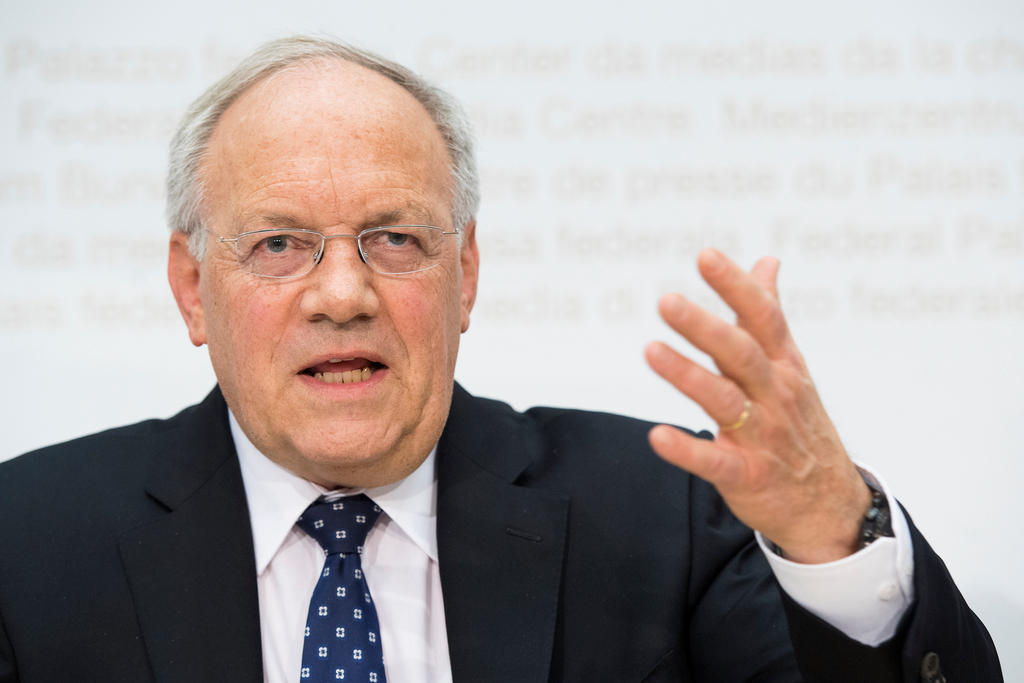
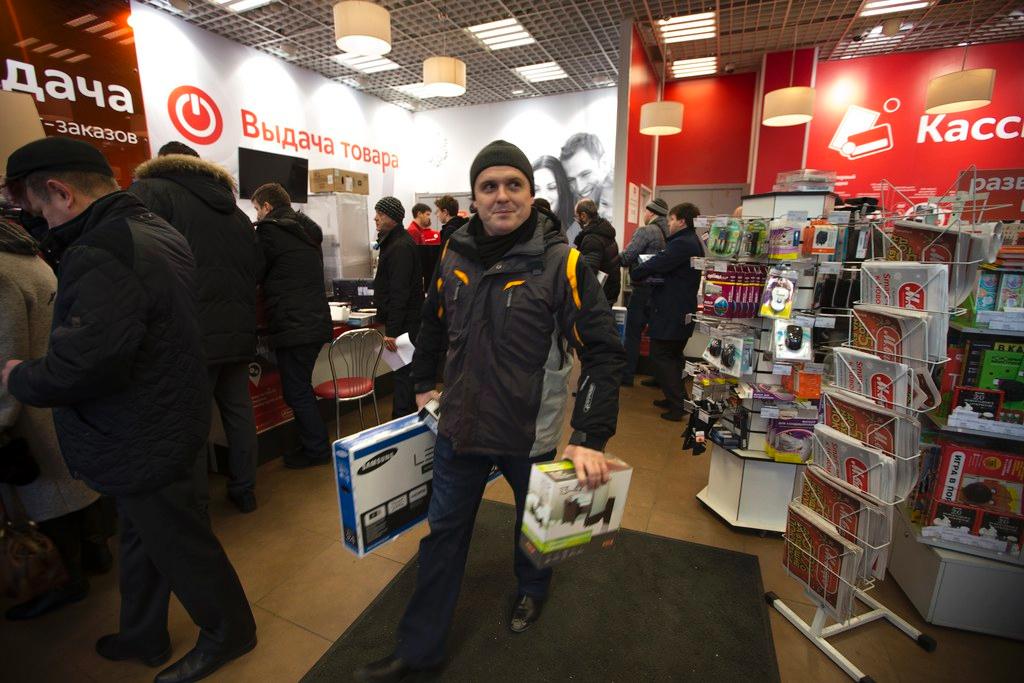
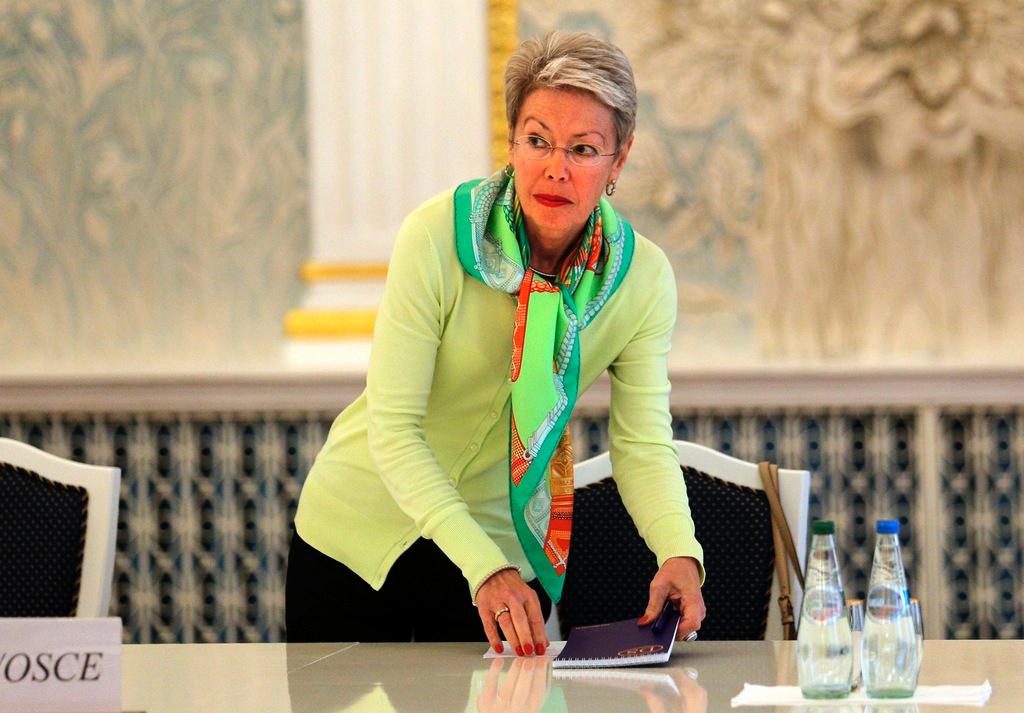
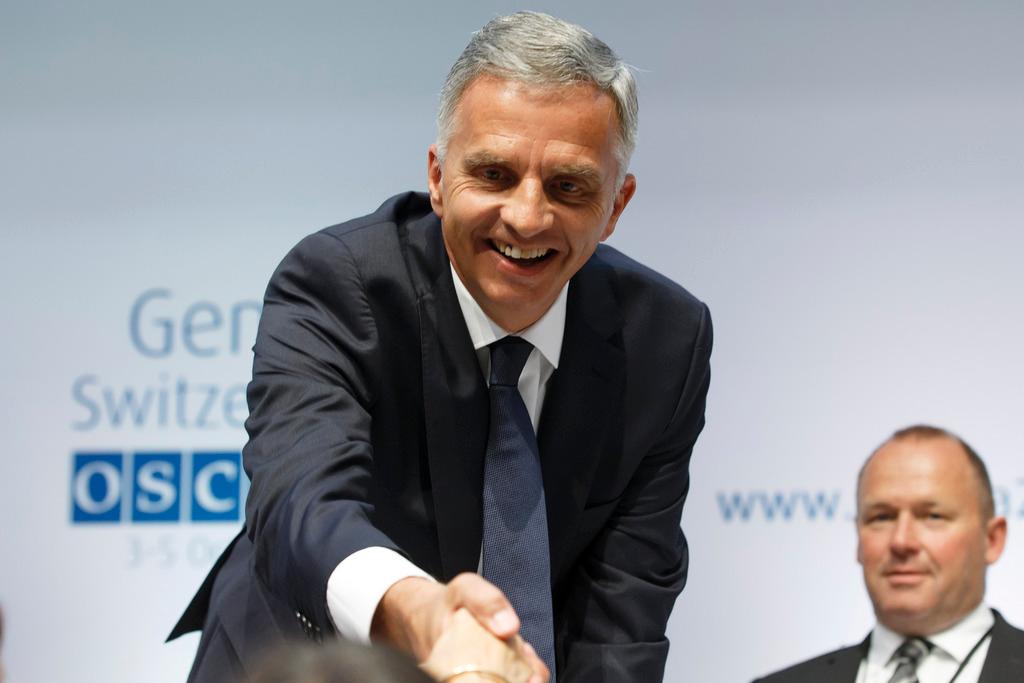
You can find an overview of ongoing debates with our journalists here. Please join us!
If you want to start a conversation about a topic raised in this article or want to report factual errors, email us at english@swissinfo.ch.